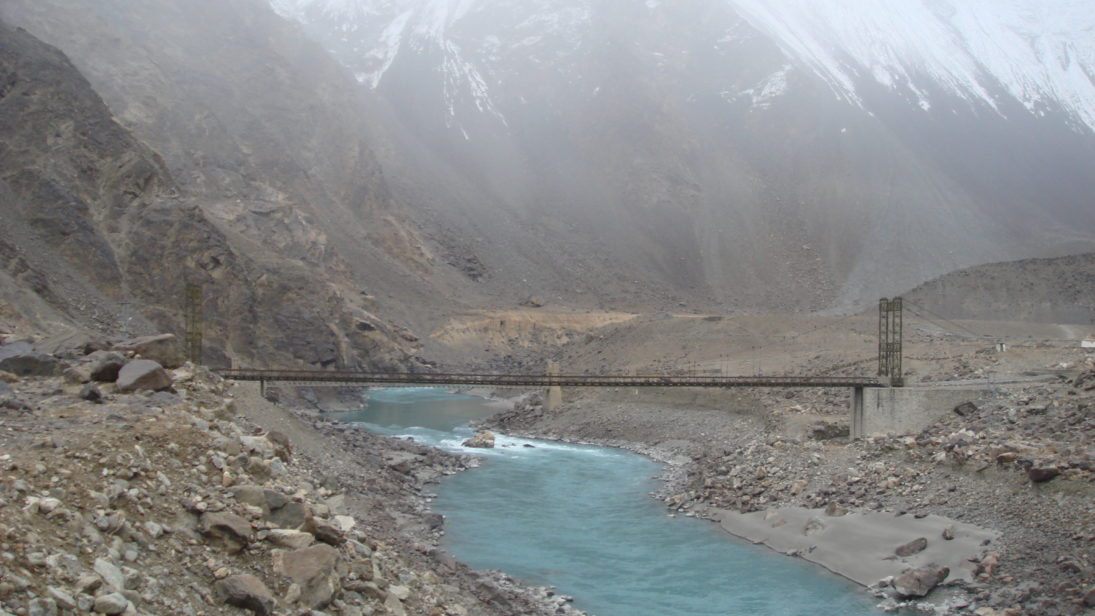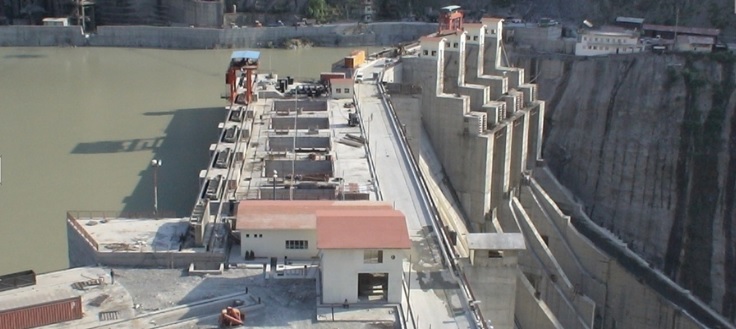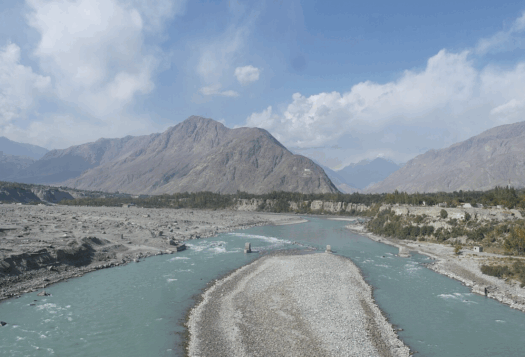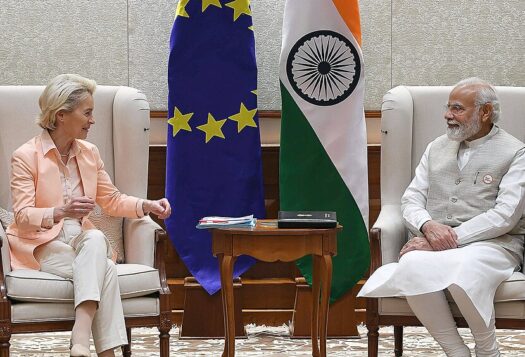
Turmoil in Kashmir has exacerbated the tenuous fault lines in the region. The limited military response afforded to nuclear-armed neighbors India and Pakistan has shifted the confrontation to a new frontier – shared water resources. Responding to a militant attack on a military base in Uri, Kashmir in September, India considered revoking the World Bank-brokered Indus Waters Treaty (IWT) of 1960. In reaction, Pakistan approached the World Bank to settle matters pertaining to India’s construction of hydroelectric plants on the Neelum and Chenab rivers. The World Bank’s decision last week to both establish a Court of Arbitration, as requested by Pakistan, and also appoint a neutral expert, as requested by India, garnered much criticism in India. Reacting to the decision, India’s foreign ministry spokesperson Vikas Swarup ominously stated: “The government will examine further options and take steps accordingly.” Thus, shared water resources and its related resource-security challenges continue to mar relations between India and Pakistan. Often showcased as a ‘peace treaty,’ IWT is a water distribution treaty between India and Pakistan that has survived three wars and incessant bouts of hostilities between both states. Within the delicate mosaic of complex inter-dependencies and intricate power balances, any tampering with shared water arrangements could trigger a debilitating tit-for tat domino effect, even inviting a reticent China to the heart of the Indo-Pak tangle.
Considering the IWT was brokered and guaranteed by the World Bank, India could suffer significant diplomatic ramifications and reputational costs if it opts for a unilateral withdrawal, particularly to its image as a responsible global player. It could also irk neighbors in water-sharing arrangements with India, such as Nepal and Bangladesh. More broadly, it could alarm other regional actors, such as Sri Lanka and Myanmar, who are already tilting towards China in the regional power play as key components of China’s Maritime Silk Road design.
India’s game-plan to penalize terrorism perpetrated by non-state actors based in Pakistan through re-aligning Pakistan’s water supply could also face limited success. The term “water terrorism” first emerged during the filling of the Baglihar Dam in Kashmir by India, which drastically reduced flows downstream into Pakistan during a critical harvesting season. This provided extremists with an additional agenda item and relevance. Many extremist outfits have periodically threatened war with India over water flows. The abrogation of the treaty could further trigger acts of terrorism on hydropower infrastructure within India, creating disastrous consequences.

As it is, India’s planned construction of several dams over rivers in Kashmir within the construct of the IWT, but contested by Pakistan on technical grounds, has sharpened distrust between India and Pakistan. If the calculus is further disturbed by revisiting the IWT—especially in terms of its impact on Pakistan’s water-intensive, agrarian economy primarily serviced by the Indus River system—it could further escalate hostilities or even trigger huge socio-economic and human costs that could spill over into India too.
If India goes ahead with its announced optimizing of water-sharing by harnessing Kashmir’s huge hydro-power potential, it could prove a game-changer. The development of Kashmir’s estimated 20,000 MW of hydro power potential for indigenous Kashmiri use could be a turning point, pitching Pakistan’s stance on the IWT in direct conflict with that of Kashmir’s. There is already a growing consciousness within Kashmir of its resource interests being undermined by the IWT. This could drastically alter the contours of the Kashmir dispute.
Potential Indian restrictions of water to Pakistan could also draw China as a hesitant yet overt party to the issue. With China’s high stakes in Pakistan through its investments in the China-Pakistan Economic Corridor (CPEC) and the project’s intrinsic link to its larger One Belt One Road (OBOR) vision, China will deal firmly with any threat to the project—especially as critical Chinese investments under CPEC depend on the river waters India now threatens.
China certainly has leverage in this dispute. While India is the upper riparian to Pakistan, China is the ‘uppermost’ riparian to both. The flows of the Indus River and the Sutlej River both originate in Tibet, China. With no international treaty to restrain China’s actions in regards to these rivers, China could choose to divert water from these rivers. The diversion of the Indus River would cause India to lose as much as 36 percent of the river’s flow, including its 27 tributaries that sustain a substantial chunk of India’s agricultural and commercial activity. The diversion of the Sutlej River would rob India of up to 3600 megawatts of hydro-electric energy, key to lighting its urban centers, including New Delhi. Furthermore, China is also the source of the Brahmaputra River, which originates in the Tibetan plateau. Flowing into India and eventually emptying into the Bay of Bengal in Bangladesh, the Brahmaputra River is an important source of irrigation, hydroelectricity, and transportation for all three recipients. China’s recent blocking of a tributary of the Brahmaputra River as part of a hydropower project, especially in light of India’s postulated revisit of the IWT, highlights the danger China could pose if it wanted to coerce India to reverse its water restrictions against Pakistan.
With these thoughts in mind, India must address water disputes with Pakistan very carefully. An extreme reaction by India could not only further strain relations with Pakistan but could also alienate other partners in the region, exacerbate the dangers from non-state actors, and even provoke harsh water restrictions by China against Indian water resources.
***
Editor’s Note: Click here to read this article in Urdu
Image 1: The Indus River (Muhammad Imran Saeed, Flickr)
Image 2: Baglihar Dam (JKSPDC)


